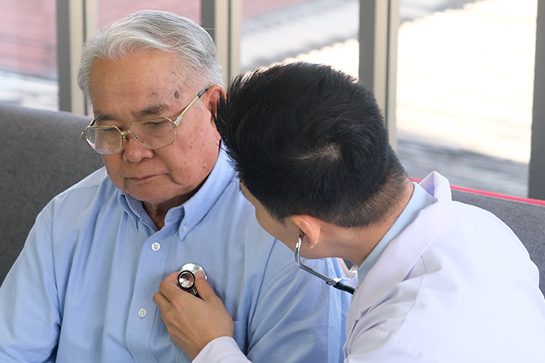The ECHO Program—Extension for Community Health Outcomes—was a forerunner in the medical telementoring field and is currently used across the United States and even internationally. This model—based on a hub-and-spoke format—links local providers with larger health systems to improve overall health outcomes through data sharing, support, and skill training.
The ECHO Program began in 2003 at the University of New Mexico as a way of improving Hepatitis C care for patients across New Mexico, but particularly in rural communities. Through this program, local physicians gained access to broader expertise and knowledge and thereby gained the ability to care for their patients in their own communities. Since those small beginnings, ECHO Programs now support additional areas of medicine, such as cardiology, opioid management, mental health, and so forth.
ECHO and Care Coordination
The hub-and-spoke model used in ECHO Programs world-wide connect local providers (the spokes) with large academic or medical institutions (the hub). Specialized teams in hub locations provide ongoing training and support for medical practitioners who then serve patients within their own communities. Care coordination is a critical component of this model and provides the foundation of ensuring that patient data is accurately, quickly, and securely shared between local providers and expert teams at the hub locations. Because ECHO Programs rely on mentoring and developing the skills and education of local providers, data sharing and coordination between teams takes on an especially critical role.
ECHO and Rural Communities
Rural communities are attractive to many people, but they typically face disparities when it comes to healthcare, especially for specialist services. The ECHO Program provides for improved healthcare access across the nation by providing access to resources. By tying community health centers into ECHO Programs, providers empower improved population health. However, the benefit is not just to the rural communities. As data is gathered and shared back with the hub locations, we gain a broader, more comprehensive understanding of social determinants and other impacts to health. ECHO Programs can be a component in the process of developing better, more comprehensive social data exchanges.
Federal Support for ECHO
As ECHO Programs continue to demonstrate value to the healthcare community, others have taken note, including the Federal Government. In 2016, Congress unanimously approved the ECHO Act—Expanding Capacity for Health Outcomes—to support a nation-wide study on the ECHO program with the potential of making it a federally funded service. The hope is that as ECHO programs expand, they will help democratize medical knowledge.
ECHO Programs provide a model for the future advancement of the medical community and hold significant promise for rural healthcare and health outcomes. As the programs continue to expand and develop, they will rely on care coordination technology to connect across providers, share data, and ensure that the best care is provided.



